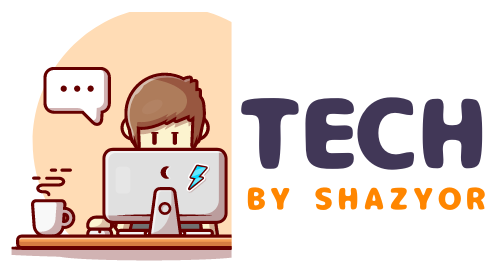As one of the world’s largest social media platforms, Twitter’s algorithm plays a crucial role in determining what content users see on their feeds. In an effort to promote transparency and community empowerment, Twitter has made the decision to open source its algorithm for recommended tweets.
What does this mean for Twitter users? By making the algorithm publicly available, developers and researchers will be able to study how the algorithm works and identify any potential biases or flaws. This could lead to a more transparent and fair system that better serves the needs of Twitter’s diverse user base.

Twitter’s decision to open source its algorithm is also significant in the larger context of technology and social responsibility. As algorithms play an increasingly prominent role in our daily lives, it’s important that we understand how they work and who they benefit. By making its algorithm open source, Twitter is setting an example for other tech companies to follow.
The benefits of open source are numerous, from increased collaboration and innovation to greater accountability and trust. It’s a win-win for both Twitter and its users, as the company can benefit from the collective expertise of developers around the world while also building greater trust and loyalty among its user base.
As Twitter CEO Jack Dorsey put it, “We hope this inspires conversation and exploration into the unknowns of how algorithms work, what biases exist within them, and how we can further open up our systems for outside accountability.”
In conclusion, Twitter’s decision to open source its algorithm is a positive step towards greater transparency and community empowerment. By making the algorithm publicly available, developers and researchers will be able to better understand how it works and identify any potential biases or flaws. This move sets a powerful example for other tech companies to follow and highlights the importance of open source in promoting accountability and trust.
The Importance of Transparency in Social Media Algorithms
As social media platforms have become an increasingly important part of our daily lives, the algorithms that determine what content we see on our feeds have also grown in significance. These algorithms are designed to show us content that is most likely to be of interest to us, based on a variety of factors such as our browsing history, search queries, and interactions with other users.
While algorithms can be a powerful tool for personalization and customization, they can also be subject to biases and unintended consequences. For example, an algorithm might prioritize content from certain types of users or sources over others, leading to a lack of diversity and representation in our feeds.
In recent years, there has been growing concern about the lack of transparency in social media algorithms. Users are often unclear about how algorithms work and what factors are used to determine what content they see. This lack of transparency can erode trust in social media platforms and lead to concerns about censorship, manipulation, and bias.
Twitter’s decision to open source its algorithm is an important step towards greater transparency in social media. By making the algorithm publicly available, developers and researchers will be able to study how it works and identify any potential biases or flaws. This can lead to a more transparent and fair system that better serves the needs of Twitter’s diverse user base.
The Benefits of Open Source for Social Media Platforms
The benefits of open source are numerous, from increased collaboration and innovation to greater accountability and trust. In the context of social media platforms, open source can help to address some of the concerns around bias and manipulation that have been raised in recent years.
By making its algorithm open source, Twitter is setting an example for other tech companies to follow. It is demonstrating a commitment to transparency and accountability that can help to build greater trust and loyalty among its user base. Additionally, by making the algorithm publicly available, Twitter can benefit from the collective expertise of developers around the world, who can identify potential issues and suggest improvements.










What do you think?
Show comments / Leave a comment